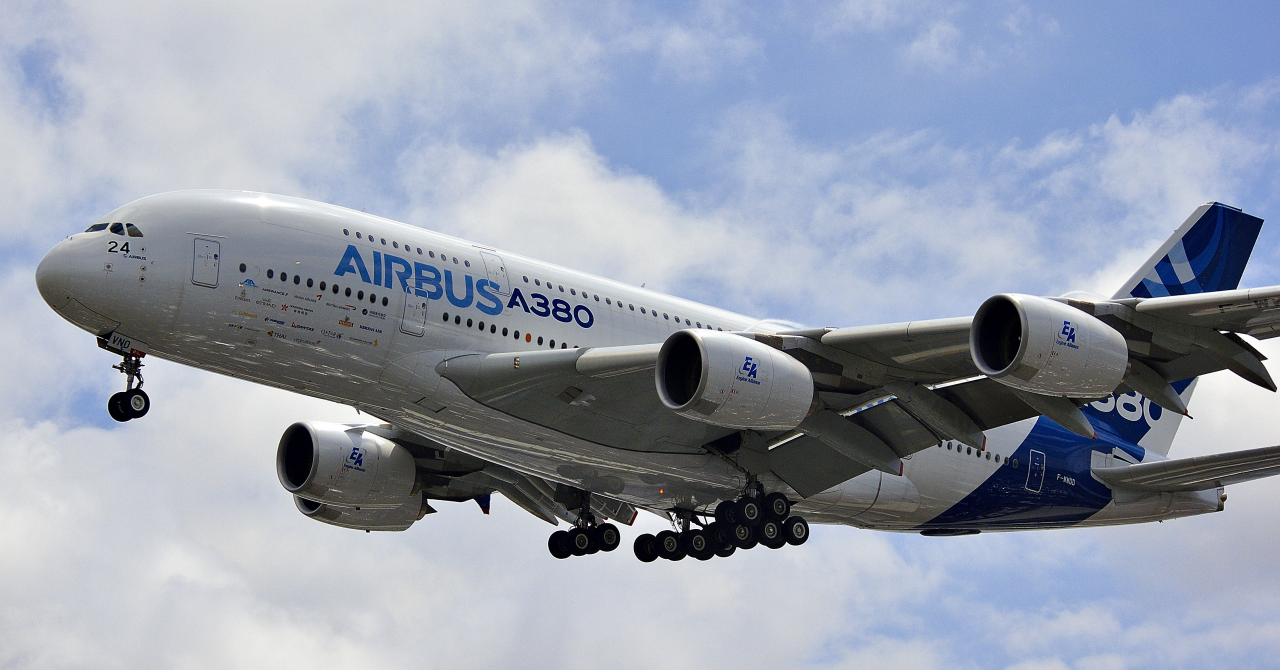According to Space Daily, another project recently presented by Airbus is named Blue Condor and it serves the purpose of assessing the impact of hydrogen-based planes, which the company wants to make a reality by 2035 in order to decarbonize aviation.
The company will use two planes in order to compare results, one of them powered by hydrogen and the other by kerosene.
They'll fly at an altitude of 10.000 meters above the US and will be followed by a chaser plane, which will collect and analyze the data gathered from the two test subjects.
Airbus's Chief Technical Officer Sabine Klauke explained that, before implementing hydrogen at large scale, the company needs to understand "the extra impacts of the different propulsion technologies in the atmosphere".
Engineers need to assess the effects of vapors resulted from running hydrogen before they can name the technology as being greener or less damaging on the environment.
Experts at the European Union Aviation Safety Agency (EASA) say that the impact of vapors is at least as important as the one of CO2 emissions.
Steam resulted from using hydrogen can turn into ice crystals if the humidity and temperature conditions are right and they can gather in small islands.
While they can have a cooling effect, blocking part of the Sun's power, they also trap radiation on Earth, not allowing it to escape back into space, which contributes to global warming.
 Mihai - Cristian Ioniță
Mihai - Cristian Ioniță












Any thoughts?